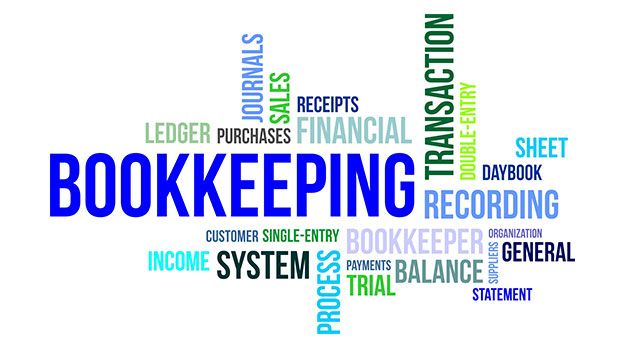Lift Off for Corporate Governance Network
CORPORATE GOVERNANCE NEWS: Issue 7 of 7
Hello, I’m Peter Towers, Managing Director of ESS Small Business and ESS BIZTOOLS. Welcome to Empowering SMEs.
Directors and committee members of charities, not-for-profits and sporting organisations need to be aware of the legislation that applies to either companies or not-for-profit type organisations. What is the best practise? What are the ethics of running businesses or organisations?
The first responsibility of directors and committee members is to develop policies, procedures and strategies – the overall framework for an organisation. That will undoubtedly be undertaken in conjunction with the management team, but the board of directors or committee need to sign-off on those strategies – the organisational manuals, therefore implementing them as “law” for your company or for your organisation.
A very important role for the directors and committee members is to appoint the CEO or General Manager, or whatever title you want to give, the key management person in the organisation and discuss with him/her the strategies that the board or committee want implemented in the organisation.
That’s not the end of it. In fact, its only the beginning because the board or committee then have to implement appropriate processes to monitor the implementation of the policy. This is an awareness situation, an understanding and an appreciation of the Companies Act, as it relates to directors of companies for not-for-profits and charities, understanding the Associations Incorporations Act in your state and understanding your responsibility to your organisation because of it.
Taxation plays a very big part in all organisations and directors and committee members need to have an awareness of how the taxation system works, as it relates to small/medium enterprise companies and not-for-profit organisations.
You also need to have an awareness of the emerging legislation, such as the Single Touch Payroll, which commences on 1st July 2018 for businesses and entities with more than 20 full-time equivalent employees.
The Workplace Health & Safety regulations are very important and, whilst directors are not expected to understand every component of those regulations, they do need to have a working overview, a knowledge of how the system works.
When it comes to people management, Fair Work Australia is a very important organisation of which directors need to be aware. In other legal areas, we have the Environmental Laws and the Privacy Act, which is now fully operational for entities with turnovers over $3M per annum. It also relates to businesses with less than $3M turnover per annum in certain categories, such as the health area.
The overseas’ workers and temporary visa requirements are also very important.
Directors also need to have developed some financial literacy to be able to read financial accounts, profit & loss account, balance sheets, source of application of funds, understand how budgets and cashflow forecasts are prepared so that directors and committee members are in a position to be able to interrogate the financial accounts and ask questions, not just sit back and accept what is tabled.





































